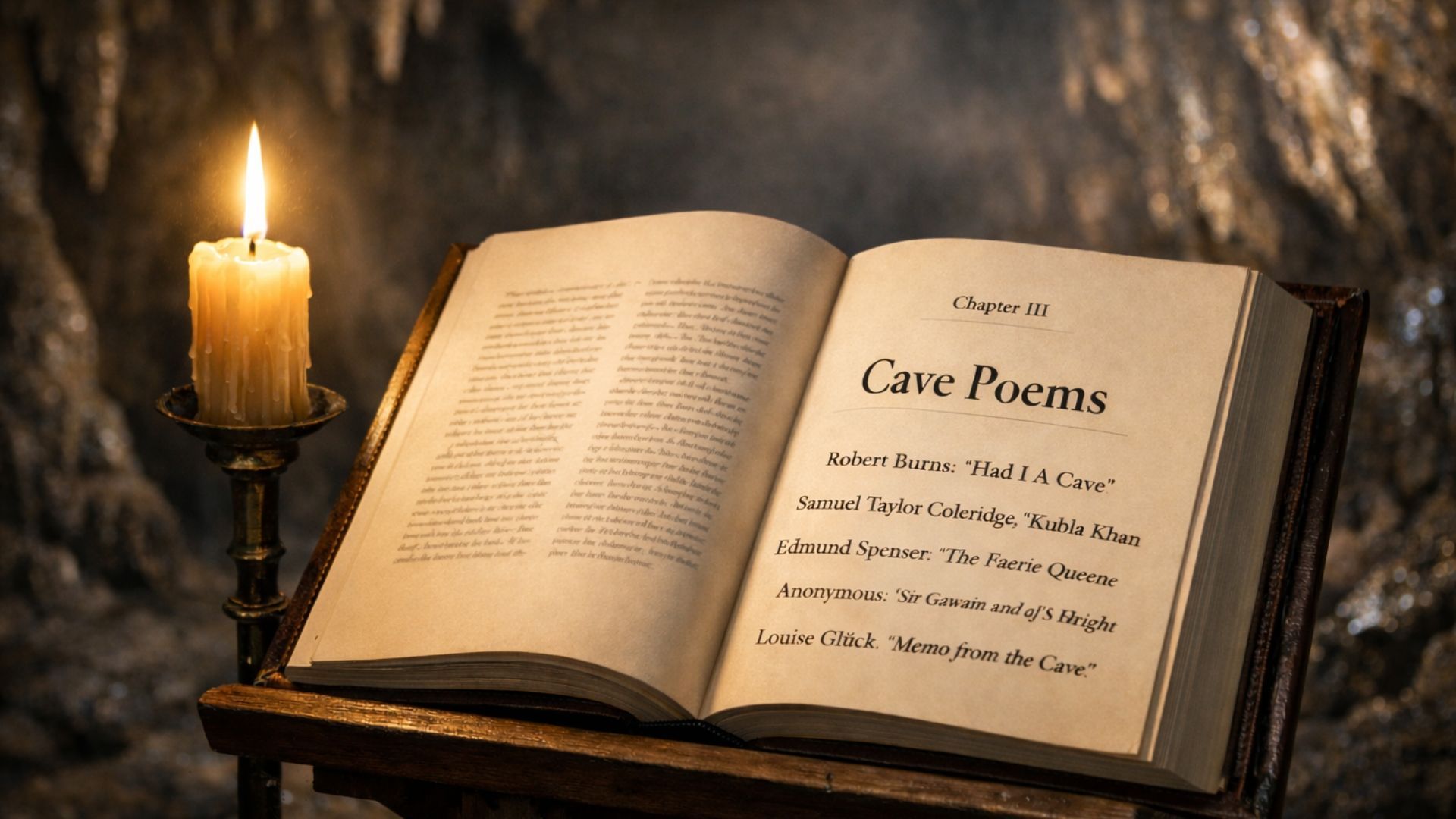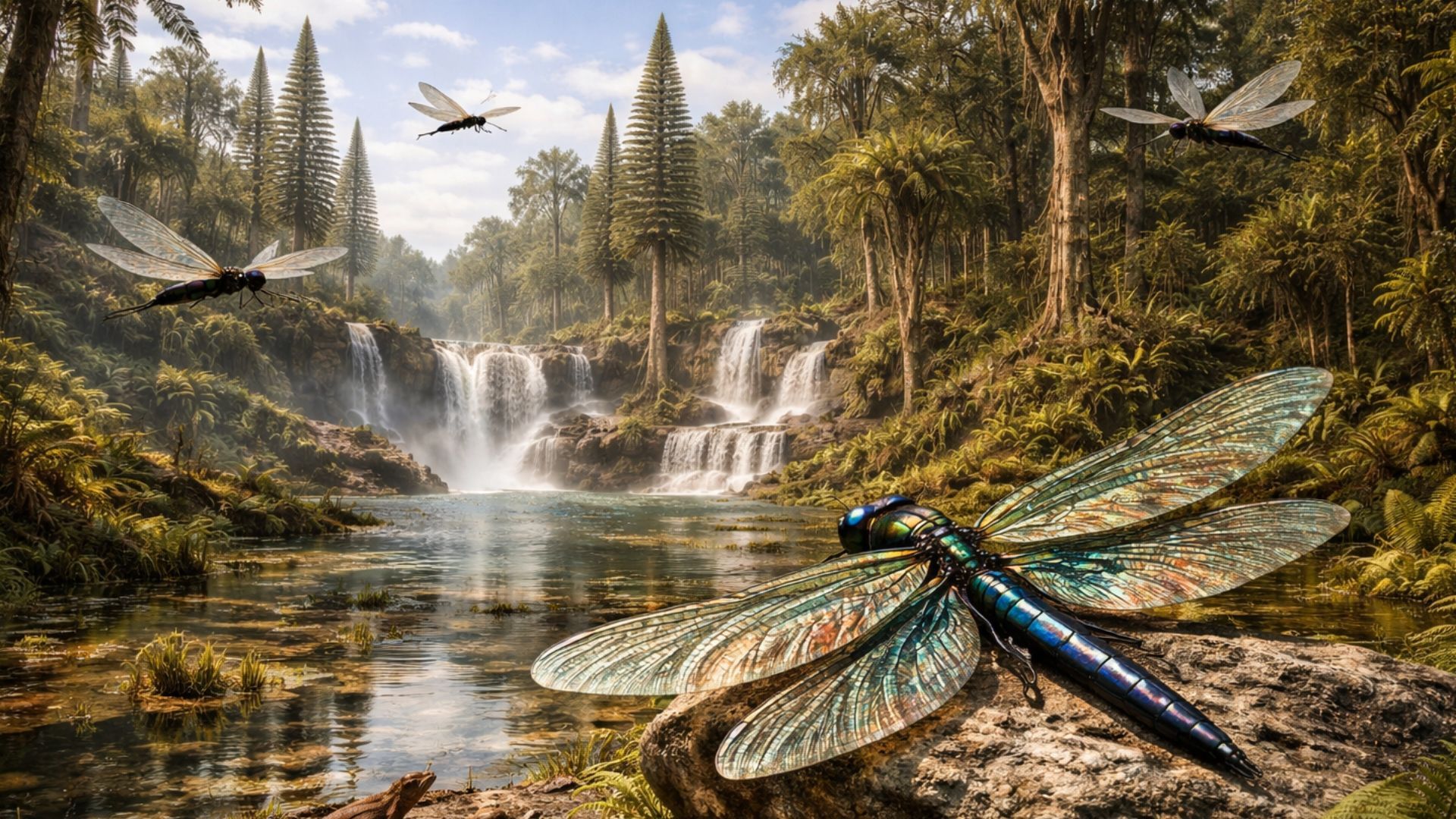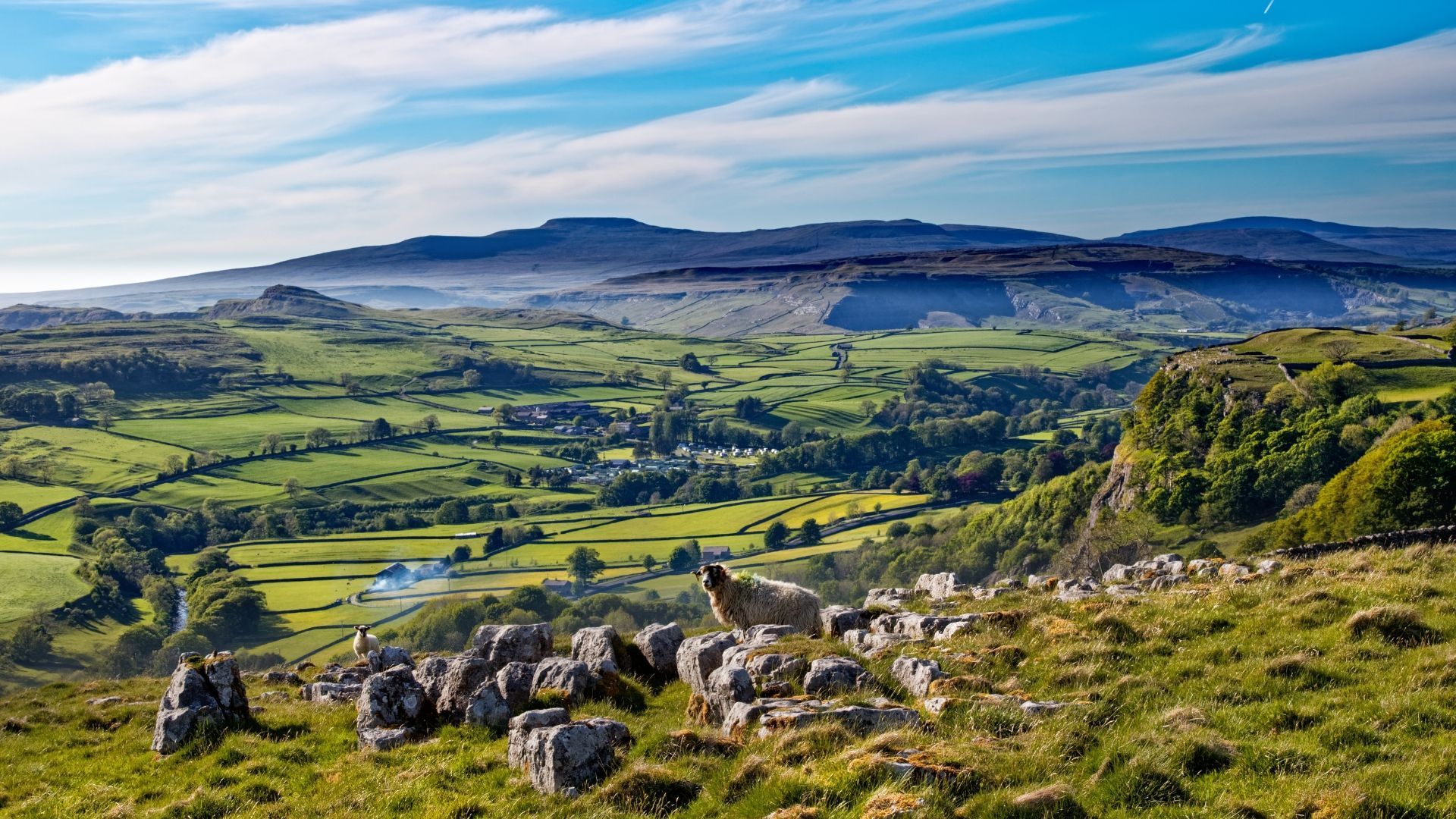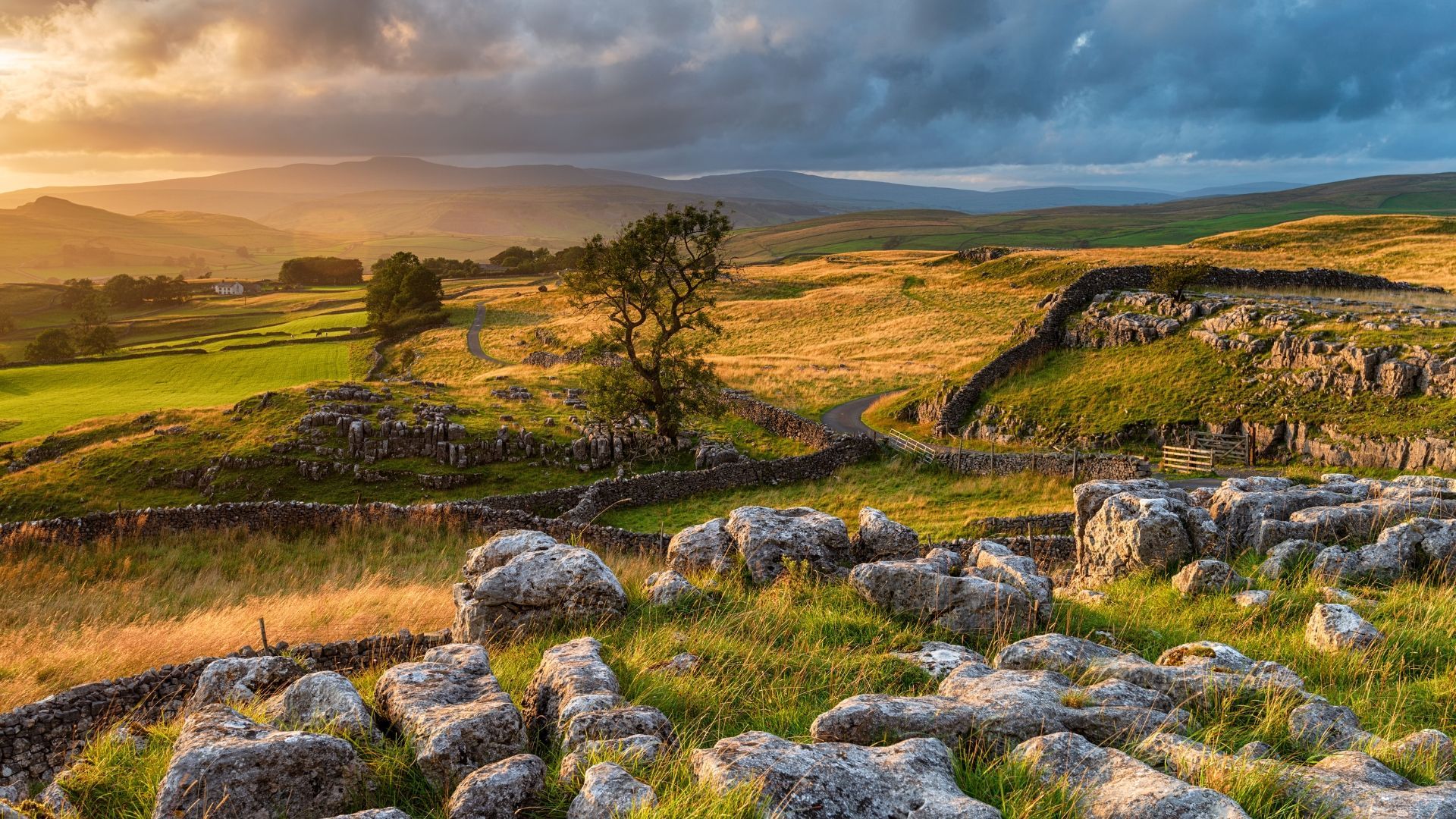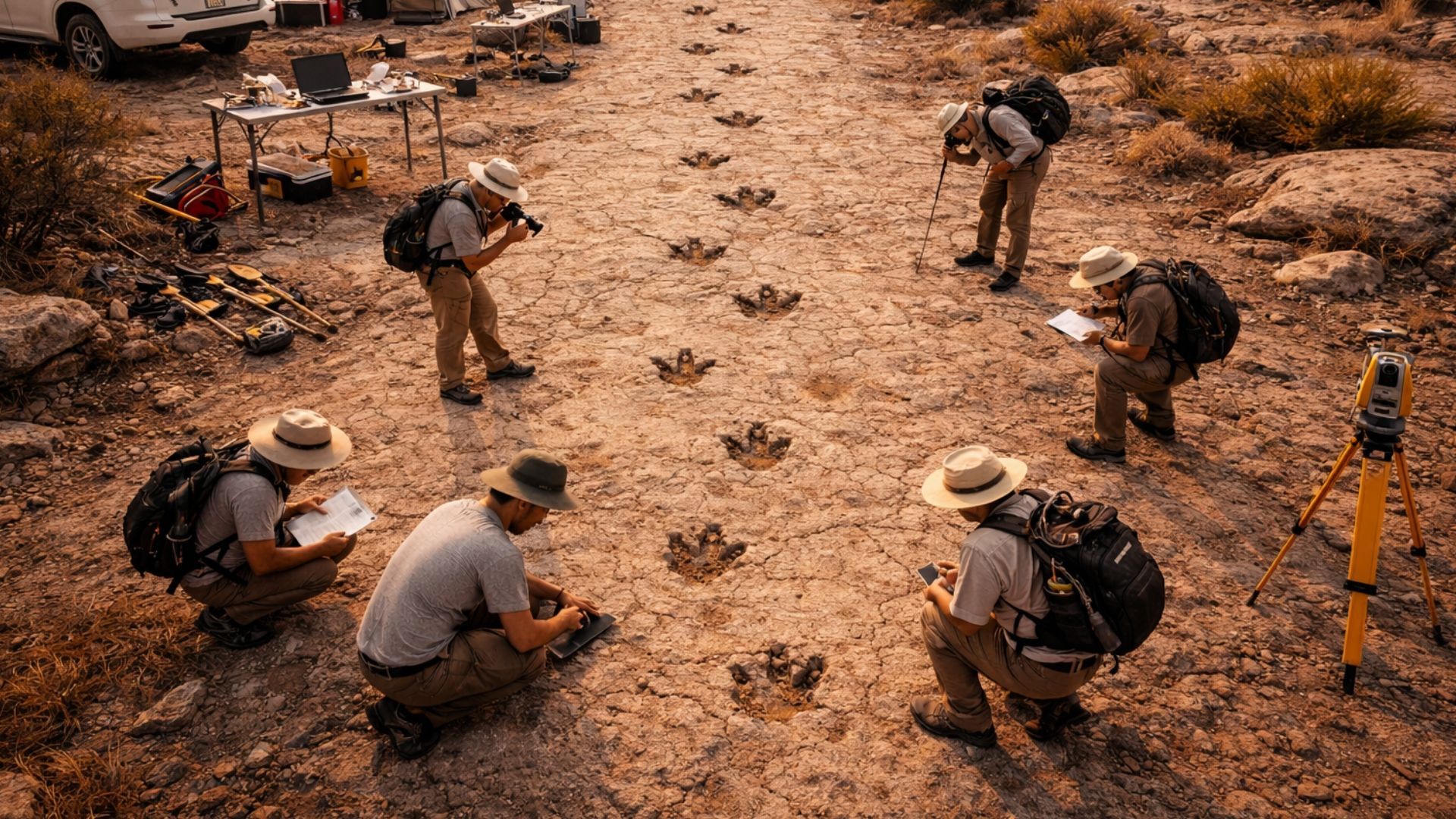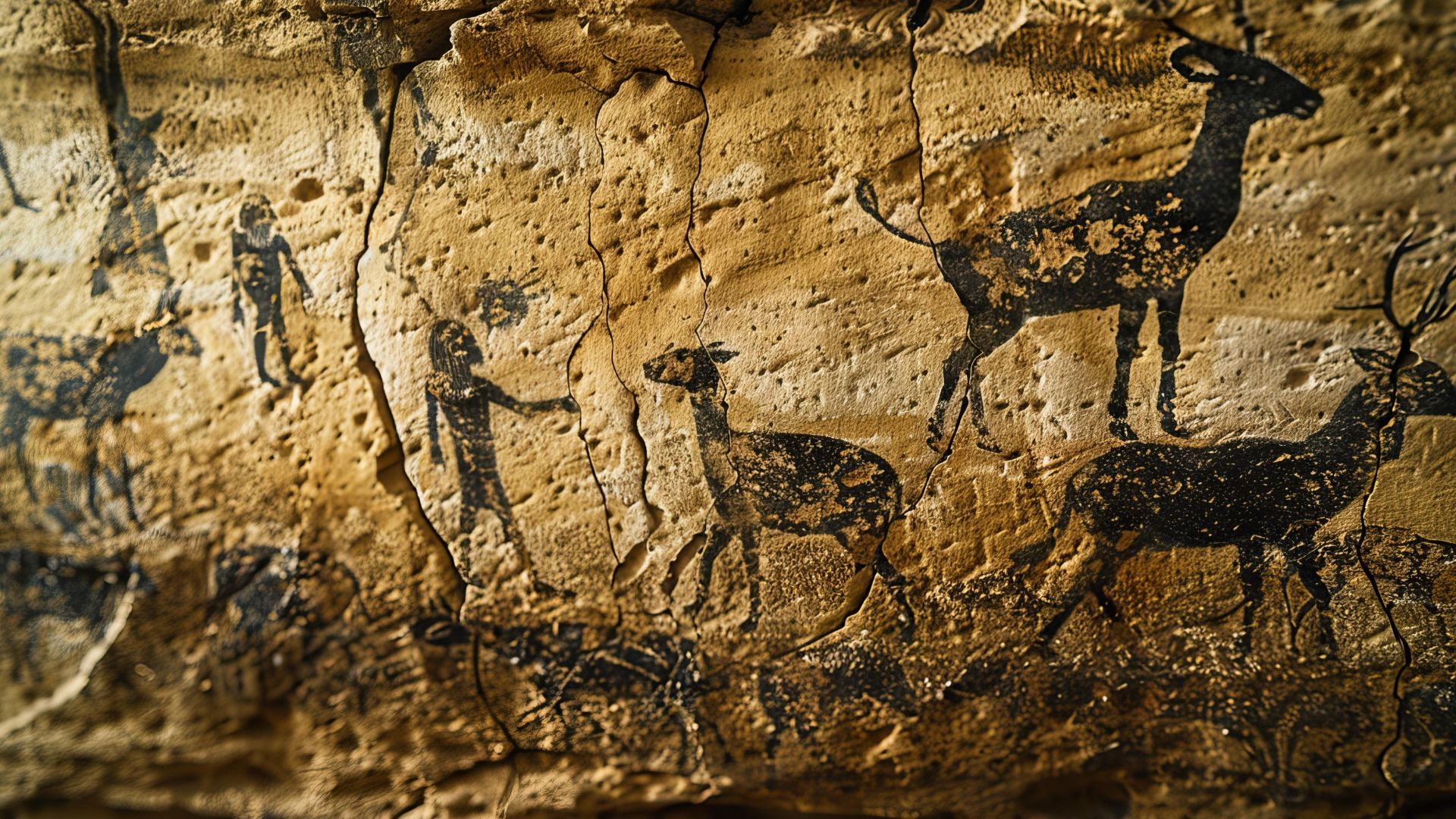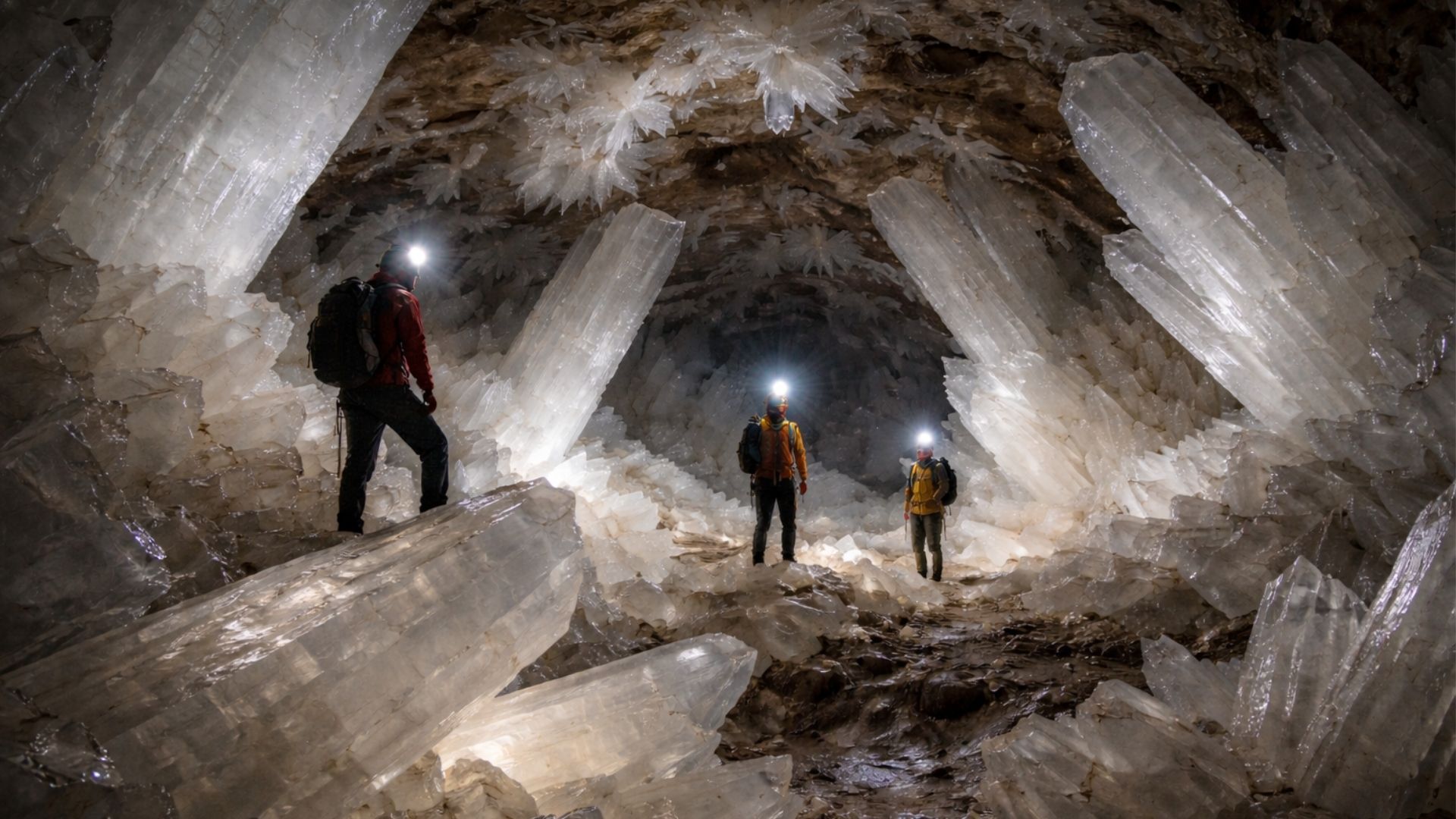Earth Day 2025: why caves are crucial for nature to thrive
This Earth Day, discover how essential caves are for our environment and why we need to protect them.

Caves may not seem like the homeliest places to live (unless you're the Stump Cross Cavewoman, of course!)
Yes – they're dark, quiet, and quite drippy, but don't let that fool you. Their dampness doesn't stop them from being full of life – and very important for our natural world.
From little critters like spiders, beetles and bats to shade-loving plants like algae, fungi and lichens, caves provide a perfect home for all sorts of flora and fauna. And that's not to mention what could be lurking in those dark pools…
Caves can also become homes for animals whose surface habitats have been lost or degraded. And they can also tell us lots about the past.
So, why is it that caves are among the least protected environments on the planet?
We take our role as cave custodians very seriously here at Stump Cross Caverns. So, to celebrate Earth Day 2025, we're taking a deep dive into the unique importance of caves for our environment and why we need to protect them.
Caves make great homes for unique wildlife
A wide range of creatures rely on caves for shelter and survival. That includes bats. Lots and lots of bats.
All over the world, many species of bats sleep in caves during the day and come out at night to hunt insects. You can find the largest bat colony in the world (15 million) in Texas.
We have bats in the UK, too, but not quite that many. They usually use caves to hibernate during the cold winter months.
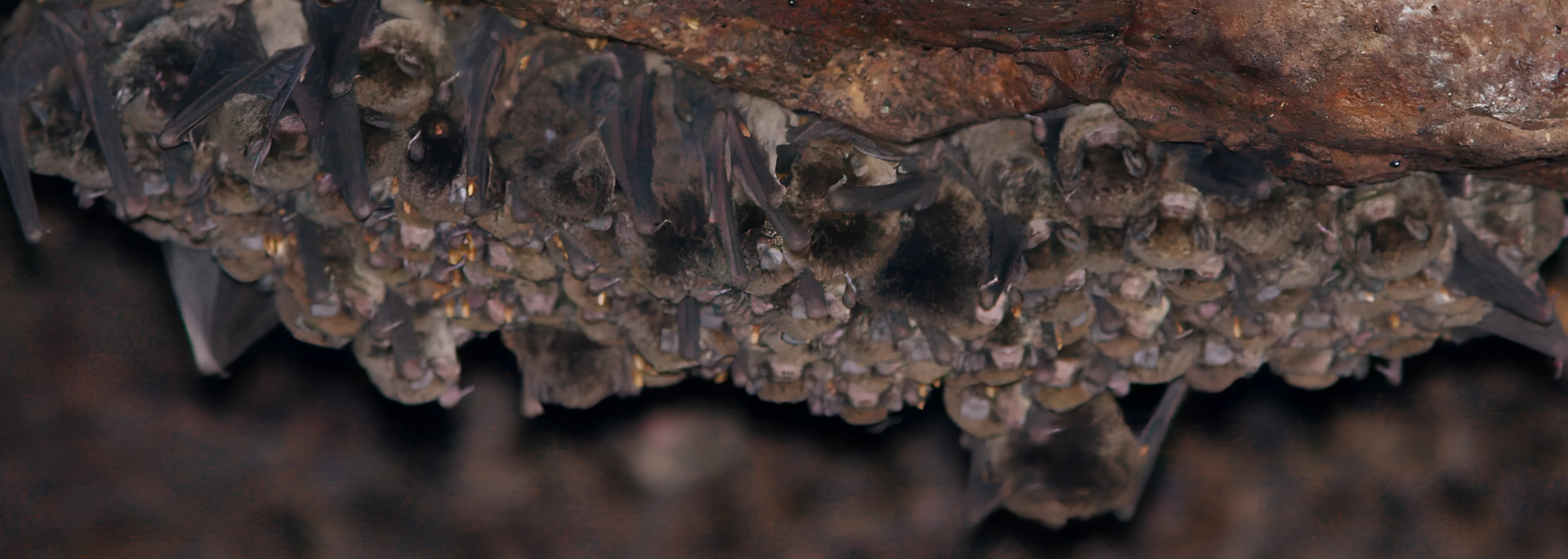
Caves are also home to a variety of insects, some of which can only survive in caves. These types of animals are called troglobites.
Troglobites have adapted to cave living in a variety of ways. They often have poor or no eyesight and lack pigment, so they appear white or transparent. They also tend to sport longer limbs and antennae to help them find food in the dark.
UK troglobites include:
- The rare (and blind) Porrhomma rosenhaueri spiders. These are found in two caves in South Wales, plus a few caverns in Ireland and mainland Europe.
- Adorable little hexapods (six-legged animals) called springtails. One rare variety (Disparrhopalites patrizii) is found in rock caves in Devon.
- The family of stygobitic crustaceans. This includes colourless or translucent lobsters, crabs and shrimps.
Similarly, fish and salamanders that live in caves have adapted to life without sunlight, often losing their eyesight and relying on other senses to find food.
Caves also help animals that don't live within them full-time. Some birds nest in cave entrances in the UK. That includes swifts, jackdaws, swallows and wrens. In some other countries, bears use caves to hibernate.
Even tiny creatures like bacteria thrive in caves, breaking down minerals and creating nutrients that support the whole underground ecosystem.
Caves participate in underground water systems
Caves help move and store underground water, especially in places where the ground is made of limestone or other rocks that dissolve over time.
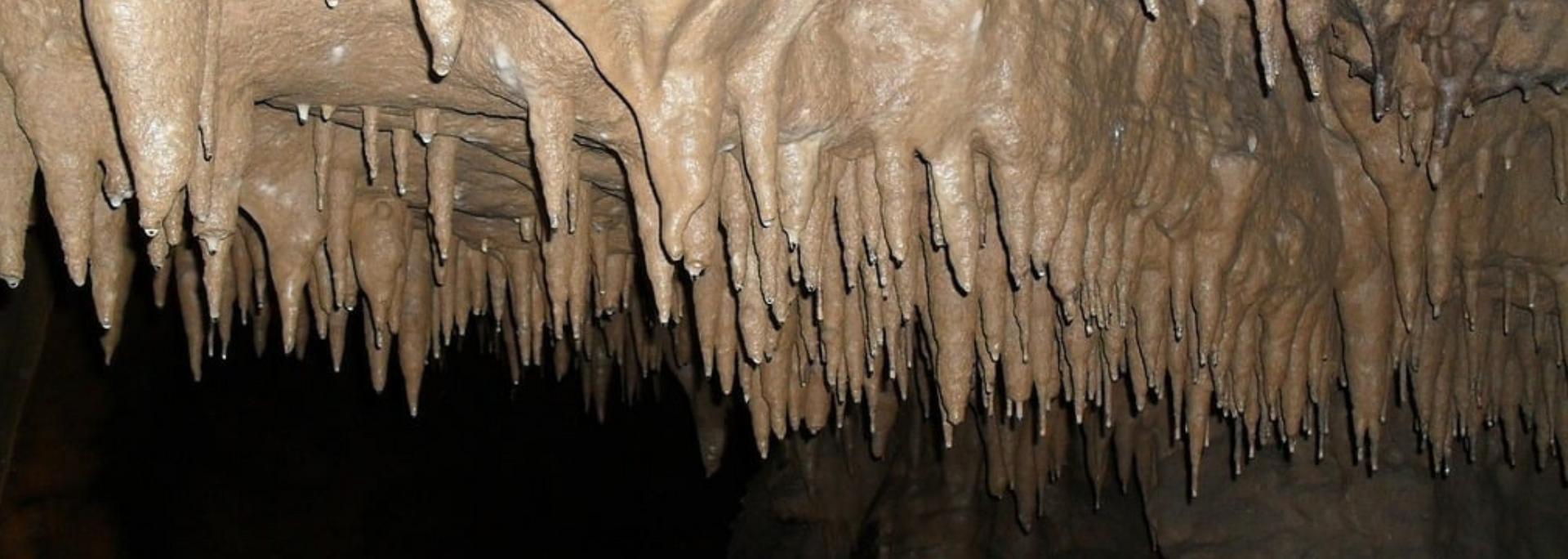
Rainwater seeps through the soil and into cracks, forming underground rivers and lakes known as aquifers. These water sources provide drinking water for people and animals and even appear as natural springs. But they aren't naturally clean – water from caves and aquifers often needs treatment to remove bacteria and other contaminants.
Caves don't create or filter water. Instead, they act as pathways that help water travel through the ground.
Because water moves quickly through these systems, pollution can spread fast. If harmful chemicals or waste enter the water, they can make it unsafe for wildlife and people. That's why protecting caves helps keep these hidden water sources safe.
Caves are one of nature's time capsules
Caves hold secrets about the history of the Earth. Inside, scientists find fossils of animals that lived long ago, from ancient bears to mammoths. Some caves even contain paintings made by early humans thousands of years ago, giving us clues about how people lived in the past.
Rock formations inside caves, like stalactites and stalagmites, also tell a story. These formations grow over thousands of years as water drips through the cave, leaving behind tiny mineral deposits. By studying these, scientists learn about past climates and how Earth's environment has changed over time.
Caves help forest ecosystems survive
Caves and forests might seem like separate worlds, but they are closely connected.
Trees and plants above ground rely on underground water systems, many of which flow through caves and rocky tunnels. These water sources help keep soil healthy and support plant life. In turn, forests provide homes for many animals that also use caves for shelter.
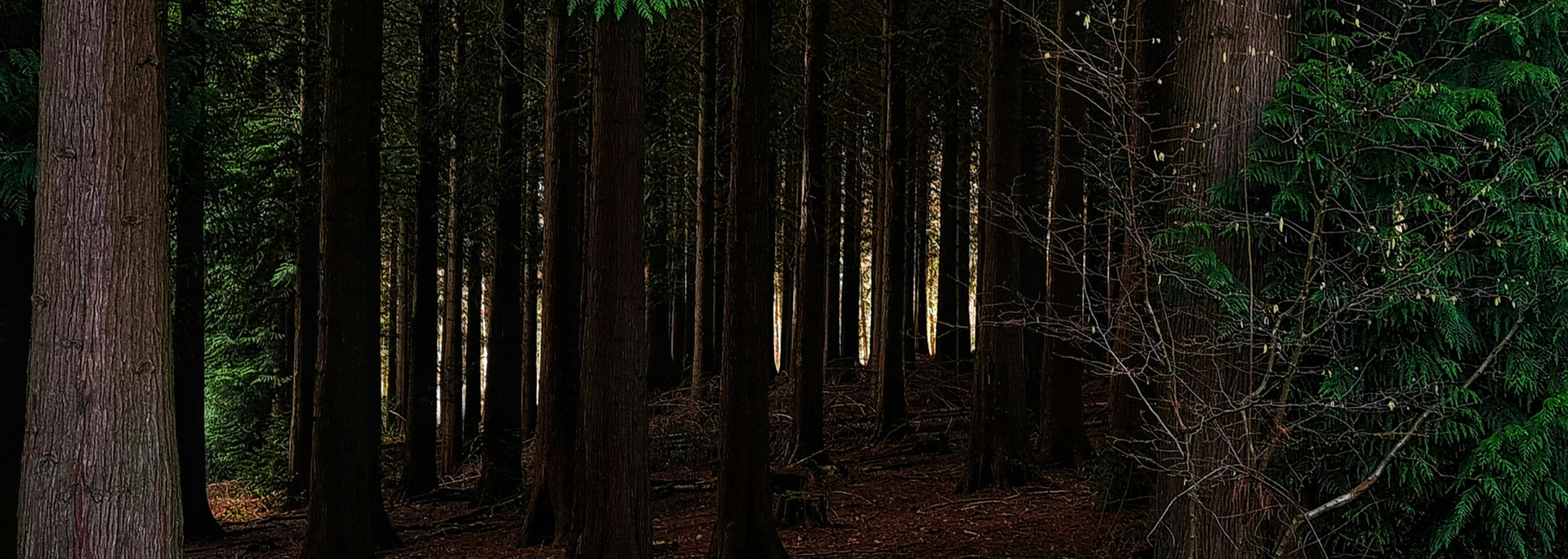
Bats, one of the most important cave-dwelling animals, help forests by spreading seeds and controlling insect populations. Without them, there would be more pests and fewer plants. Protecting caves helps keep ecosystems in balance, both above and below ground.
What would happen if caves disappeared?
If caves were damaged or destroyed, many species would lose their homes. Bats would struggle to find safe places to rest, underground water supplies would be affected, and important scientific discoveries might never be made.
The effects would be felt above ground, too. Without caves supporting forests, entire ecosystems would change.
That's why Earth Day is a good time to think about how we treat these natural wonders. Caves might not always be visible, but they are an important part of life on our planet.
How we protect our caves at Stump Cross Caverns
Here at Stump Cross Caverns, looking after our caves is a top priority. As Cavewoman always says, "We should leave only footprints and take only memories". That's why we encourage visitors to respect the caves and avoid touching delicate formations.
We take steps to keep pollution out. The water from our caves stays clean and their ecosystems are protected so that creatures living in the caves can thrive.
Our hope is that the education we provide helps more people understand why caves matter. This way, we can all work to protect them for future generations.
Want to see the magic of caves for yourself? Come and have yourself a fun family day out in Yorkshire at Stump Cross Caverns. We can't wait to show you how special caves are and why we need to protect them. It's quick and easy to book your ticketsonline.

